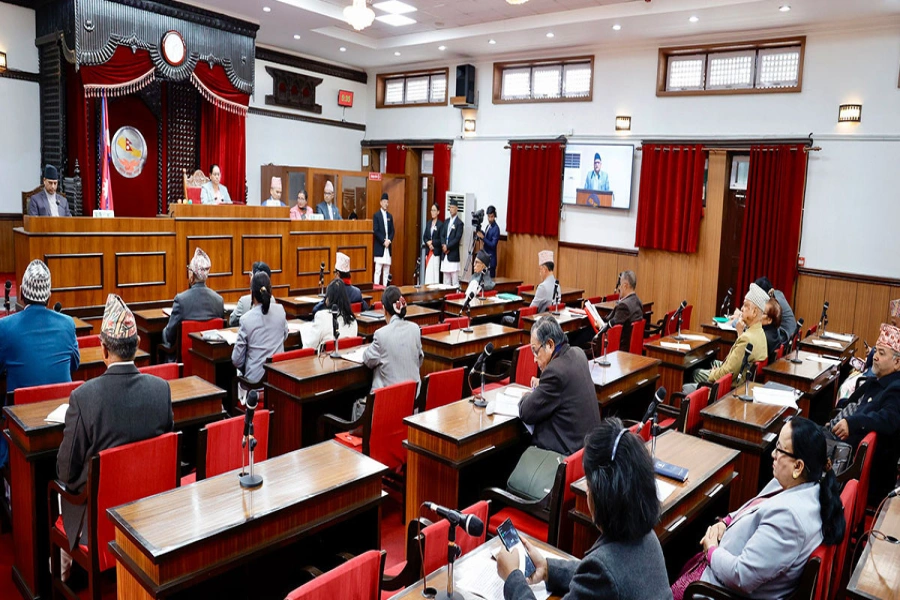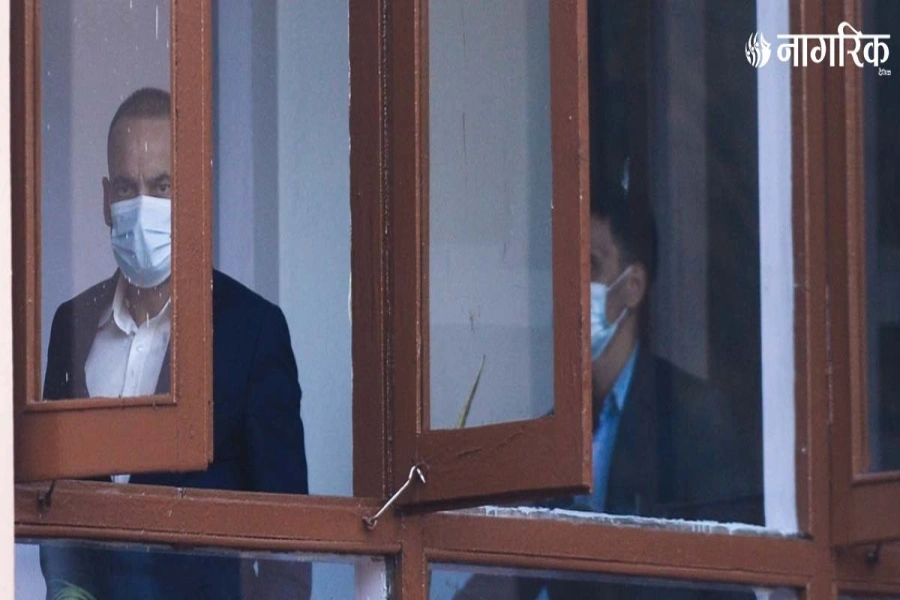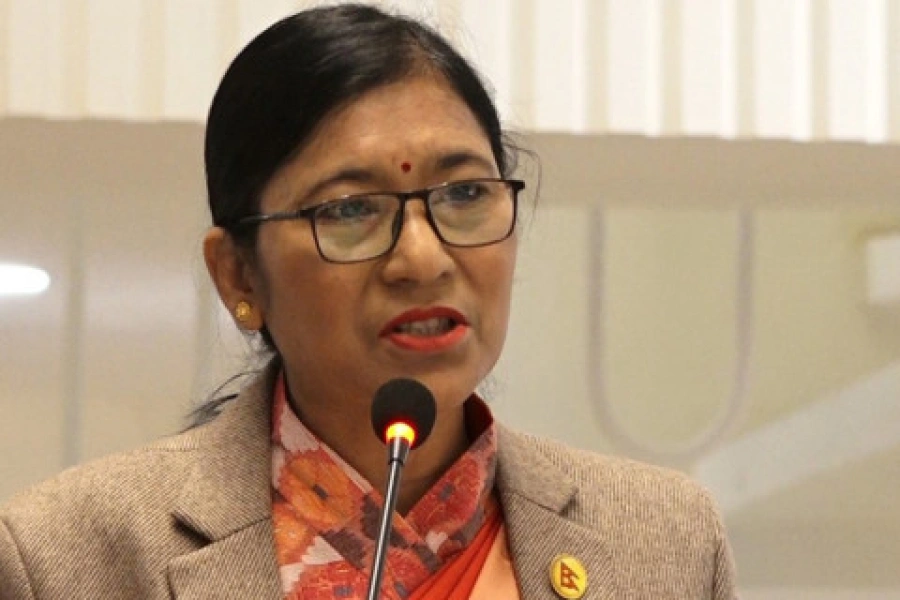KATHMANDU, April 13: Economists have urged the government to check unnecessary expenses, put in place a mechanism to track actual monetary losses on a regular basis, and introduce sector-based fiscal stimulus programs to recover from economic downswings caused by the COVID-19 pandemic.
Speaking at a video conference organized by the Society of Economic Journalists Nepal (SEJON) on Sunday, they came down heavily on the government for not curtailing the budget allocated for the Local Infrastructure Development Partnership Program, the revised name of the Constituency Development Fund, in which lawmakers are given flexibility to spend specified amount of money in their respective electoral constituencies.
Despite heavy criticism, the government increased the amount under this heading by 50% to Rs 60 million for the current fiscal year.
Government jobs and wanderlust

“As the government is likely to face shortage of financial resource to combat the ongoing threat, it has to cut off these types of expenses for now,” said Economist Bishwambhar Pyakuryal.
According to Pyakuryal, the government is taking ad hoc decisions even while providing stimulus package and tackling the ongoing threat of coronavirus. He asked the government to form a separate mechanism, including representatives from the Ministry of Finance, Central Bureau of Statistics, Nepal Rastra Bank and experts, to track impacts of the COVID-19 on the national economy on a regular basis. “It is a crucial to monetize the economic loss on weekly basis, if not daily, to yield the rewarding results of the government action,” he added.
Majority of the countries, including Nepal and India, have enforced nationwide lockdown to contain the spread of COVD-19. It has adversely affected the inflow of remittances, income and consumptions of households, and production of small and medium enterprises.
As per the government statistics, small and medium enterprises provide jobs to around 1.7 million people. Similarly, the sector contributes 22% to the country's gross domestic product. Pyakuryal said the negative impact in these sectors is likely to push back economic status of the country by at least 3-5 years.
According to analysts, Nepal will likely face macroeconomic problems like inflation and recession in the near future if proper measures are not taken from now. “With US dollar appreciating vis-à-vis Nepali currency, imports will be expensive which, along with the slump in domestic production, is likely to increase market prices notably. Similarly, the drop in aggregate demand with downsize in employment and income could result in recession,” Pyakuryal added.
Former Finance Secretary Rameshwor Khanal said that the government needs to reorient its pattern of public expenditure to tackle the possible economic downfall. “Rather than generalizing all the sectors, the government needs to sort out the sectoral impacts while offering stimulus fiscal package,” said Khanal.
According to Khanal, a bailout package should be offered to cottage and small industries as they have limited capacity to manage financial resource and stock their produces. “The long-term credit facility can be provided to larger industries, including tourism business and airline companies, that can recover their financial positions over the time,” he added. Khanal also stressed the need to develop a separate unit to address the possible economic challenges. “As the government capacity in implementing selective policy and making capital spending is relatively poor, the dedicated agency will help in carrying out collaborative efforts in alliance with provincial and local governments, and private sectors to trace the problems and effectively enforce the fiscal stimulus package,” he added.






































